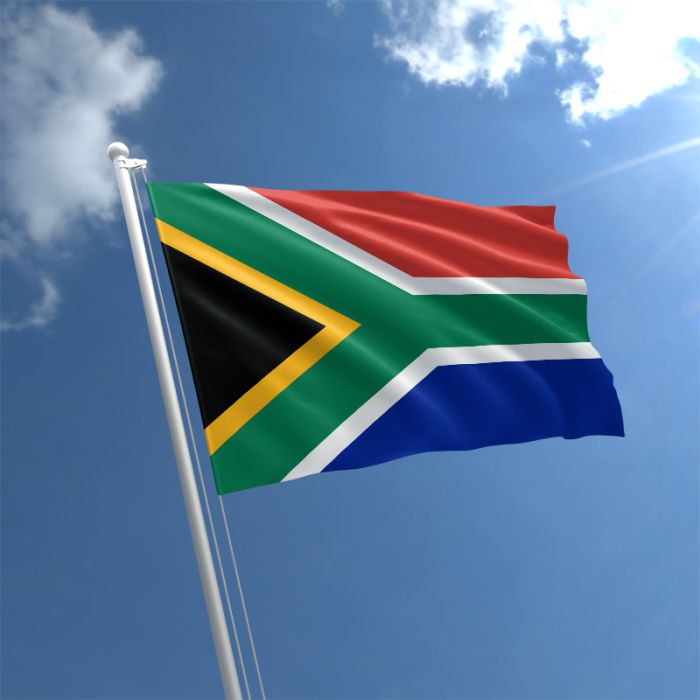South Africa’s central bank has taken a bold step by raising its benchmark interest rate to a 14-year high and revising up its inflation forecast for the year. In a unanimous decision by its monetary policy committee, the bank increased the rate by half a percentage point to 8.25 percent. This marks the 10th consecutive rate hike by the South African Reserve Bank as it aims to instill confidence in reining in inflation sustainably over time.
Governor Lesetja Kganyago stated that the decision was motivated by the objective of boosting confidence in managing inflation effectively in the long term. South Africa’s monetary policymakers initiated the series of rate hikes in November 2021, with the steepest increase of 0.75 percentage points occurring in July, making it the most significant hike in a decade.
Following the rate announcement, the rand experienced a drop to record lows. At 15:27 GMT, two hours after the announcement, it was trading at 19.74 against the dollar. While the latest rate hike exceeded some analysts’ expectations, South Africa has been grappling with persistent price pressures. Governor Kganyago emphasized the likelihood of further currency weakness due to factors such as upside inflation risks, substantial domestic and external financing needs, and ongoing issues with load-shedding, which refers to the planned power outages that have negatively impacted the country’s economic activity. The energy minister estimates that these outages result in more than $50 million in lost output per day.
Mamello Matikinca-Ngwenya, chief economist at South African bank FNB, highlighted the impact of local supply-side challenges on inflation and demand, stating that while they are not directly within the scope of monetary policy, they raise the cost of living and operations, thereby influencing inflation.
In April, inflation in South Africa reached its lowest level in nearly a year, with a decrease to 6.8 percent from 7.1 percent in March. However, food prices have remained persistently high, experiencing record increases over the past 12 months. The central bank now expects inflation to average 6.2 percent for the year, which is 0.2 percentage points higher than previous forecasts. Governor Kganyago also stated that headline inflation for 2024 is projected to increase to 5.1 percent.
Around the world, policymakers are grappling with elevated inflation driven primarily by surging energy and food prices following Russia’s invasion of Ukraine. South Africa, along with other nations, is navigating the complex task of managing these inflationary pressures while maintaining economic stability.




